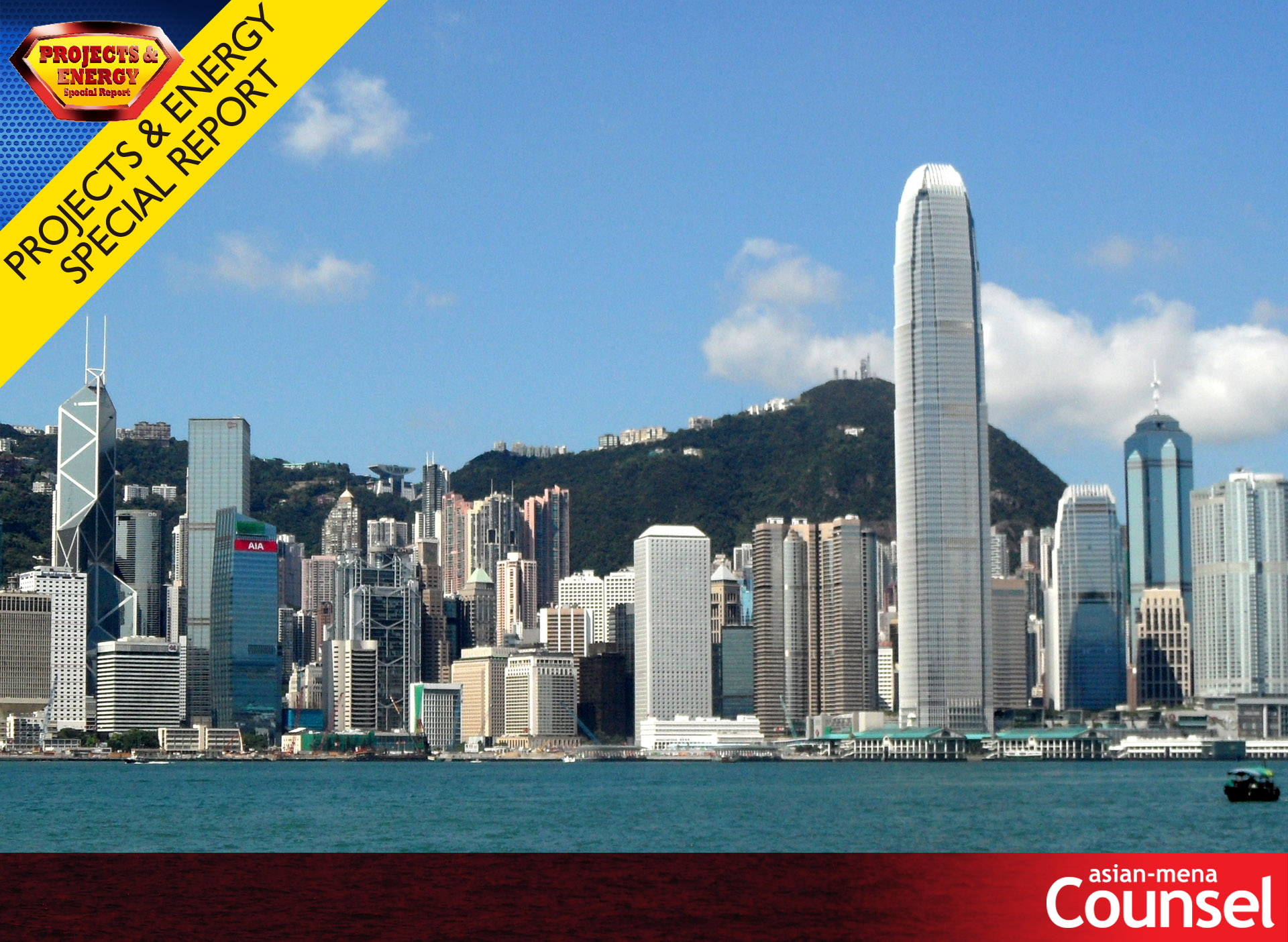Dr George Woodman, director of Teng Hoi Conservation Organization, presents the case for carbon trading as a way of cutting greenhouse gas emissions and explains how a simple game is helping spread the word.
The recent earthquake in Japan and the devastating tsunami that followed has rocked the earth literally and metaphorically. The drama quickly unfolded into a nuclear one as it became apparent that the tsunami had damaged the backup systems that were supposed to ensure the orderly shut down of the nuclear reactors affected. Despite early reports that the problem at Fukushima was localised, the situation quickly deteriorated with traces of radioactive iodine and caesium later detected across the Pacific on the west coast of the USA. The Fukushima incident is certainly the worst nuclear disaster for a quarter of a century and the political aftershocks are likely to be felt for many years to come.
Putting a price on carbon
Over the past decade or so nuclear power has undergone a renaissance; increasing public attention has been paid to climate change and the global warming emissions from fossil-fuel burning power plants. When the reactor at Chernobyl blew up in 1986 and spawned a radioactive cloud that contaminated large areas of Europe, very few had heard the phrase “climate change”, and the emissions of greenhouse gas from China were small in global terms. In stark contrast, climate change is now a defining issue of our age and China has overtaken the USA for greenhouse gas emissions. The Fukushima disaster has underlined the public’s unease with nuclear power and, partly in response to this, the Chinese government announced a raft of measures to boost safety standards in the reactors currently being commissioned, as well as halting construction of new reactors for the time being.
As the debate intensifies over nuclear safety in general, putting a price on carbon through the development of a carbon market is essential to understand the longer term risks of power generation because of the role it plays in climate change. In short, governments and the public need to see a dollar value of the greenhouse gas emissions from fossil fuel and nuclear power plants over their lifetime to focus their attention when considering which fuels to use. China had decided to trial carbon trading before recent events in Japan and the government’s intention appears in the next five-year plan. However it seems that carbon trading will not be implemented on a national scale by central government, rather it will be piloted in a few selected provinces and cities. Furthermore the city and provincial officials charged with piloting a carbon trading system are sure to sense the political risk of failure, which does not bode well for a successful implementation. Indeed an attempt to set up a market for sulphur dioxide pollution in China resulted in failure despite a wealth of experience and support made available from the USA.
A lack of public awareness
One of the greatest hindrances to development of a carbon market is the lack of public awareness and understanding, which is reflected in the lack of support from politicians. In our direct experience, very few people in Hong Kong are even aware of the trading of carbon dioxide reduction credits, let alone how it operates. It also appears that the same is true overseas. The importance of this lack of awareness is underlined by Kevin Rudd’s downfall in Australia last year, which was at least partly attributable to his party’s proposed emissions trading system. Indeed carbon is still very much an issue in Australian politics; witness the recent protests against a proposed carbon tax. Misinformation is widespread in the debate, and polls have shown that the overwhelming majority of Australians have very little idea the basics of emissions trading. Over in the US, the already watered-down emissions trading system passed by the House of Representatives in 2009 was ultimately rejected by the Senate. Lobbyists have an easier time derailing policies that lack public support simply because the vast majority of the public do not understand and hence are easily swayed by misinformation.
 Teng Hoi’s mission In Hong Kong, Teng Hoi has been meeting these challenges head on by setting up a mini carbon trading system involving schools and local businesses. Over a number of years King George V school has had great success in reducing its electricity consumption, motivating the school community to save electricity by returning savings to them rather than to the school coffers. Inspired by this, Teng Hoi has built a system of carbon trading we have called Community Carbon Offsetting whereby schools start to monitor and then reduce their consumption of electricity. These electricity savings, converted into tonnes of saved carbon dioxide emissions, are then sold to local enterprises wishing to offset their own emissions. Through this scheme, InHouse Community – publisher of Asian-mena Counsel – has been offsetting the emissions from staff flights to the regional In-Houe Congresses since June 2010. By operating a carbon trading system in the heart of the community, we will be able to raise awareness through participation. One of the immediate problems we faced in rolling out this programme has been the profound lack of understanding of the basics of carbon emissions and their relationship to climate change. In response to this we have developed a carbon literacy programme, aiming to develop understanding of how carbon offsetting works. One component that has worked particularly well is our carbon trading game, a game that places around 30 participants into a simulated world, with production, money and politics built in. After the participants are grouped into countries, they then have to compete with each other and adapt when faced firstly with resource shortages and then later with the imposition of a carbon trading system. We have found that experiencing carbon trading, albeit in a simulated and simplified game world, is much more memorable and interesting to the participants than an abstract lecture. Although the game was initially intended for students in schools and universities, it has proved very successful with corporate groups interested in aspects that develop leadership, negotiation and formulation of strategy within a team environment. Outside interest in the programme has grown rapidly, and we now have growing support from local and overseas organisations to start taking the carbon trading game into all schools in Hong Kong. More recently we have been developing connections with others combating similar challenges of lack of awareness. The Climate Group is working in China to support the development of carbon trading and they are exploring ways of working with us to use the Carbon Trading Game with Chinese officials charged with implementation of pilot carbon trading scheme. The Asia-Pacific economies have grown immensely in recent decades and over the last few years there has also been considerable growth in renewable energy. It’s time for the region to prove it can take the lead in effective environmental policy by adopting a coherent, robust, low-carbon energy policy coupled with the development of an active carbon market. To download the ASIAN-MENA COUNSEL Article Click here |
IN-HOUSE OPINION: If you are an in-house counsel and you have a comment or an opinion you’d like to share either on this article or its subject matter, contact us at: inhouse@inhousecommunity with the article title in the subject line, stating clearly if you wish your comments to remain ‘Private’ or ‘Anonymous’.




















